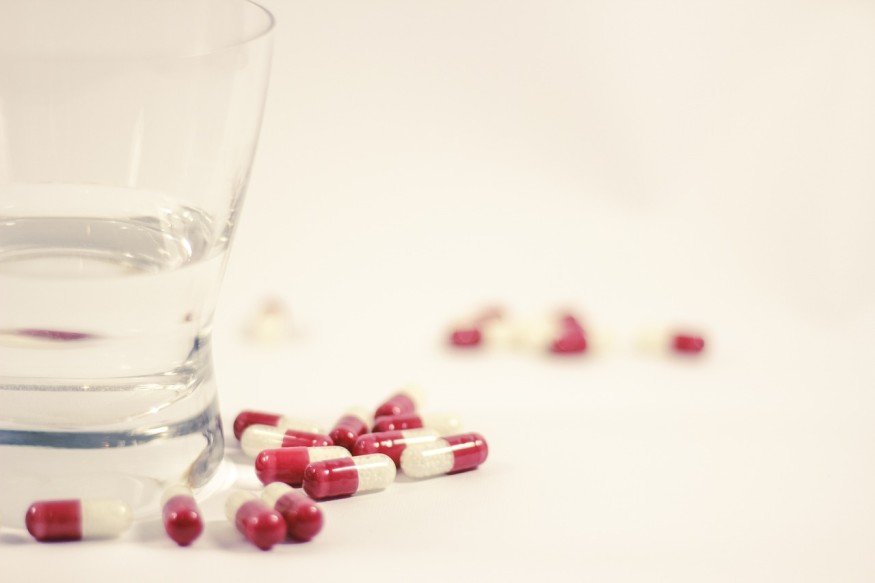
A recent meta-analysis of 90 randomized controlled trials suggests that the power of belief in treatment, often manifested through placebos, can substantially ameliorate symptoms across a spectrum of mental health disorders.
Published in the journal JAMA Psychiatry, the study sheds light on the efficacy of placebos in alleviating symptoms of major depressive disorder, mania, schizophrenia, obsessive-compulsive disorder (OCD), attention-deficit/hyperactivity disorder (ADHD), panic disorder, post-traumatic stress disorder (PTSD), and social phobia.
Dr. Tom Bschor, lead author of the study and a psychiatry professor at the University Hospital Dresden in Germany, noted that the placebo tablets utilized in the trials closely resembled active medications in appearance and taste but lacked the active ingredient, containing only inert substances known as excipients.
Historically, subjecting participants with mental health disorders to placebo treatment raised ethical concerns, considering the absence of active intervention. However, Dr. Jonathan Alpert, chair of psychiatry and behavioral sciences at the Albert Einstein College of Medicine, said that response plans are in place to address potential exacerbation of symptoms among participants.
Dr. Alpert, who was not involved in the study, emphasized the importance of placebo controls in clinical studies, enabling a comprehensive understanding of medication effects. He asserted the significance of the recent meta-analysis, labeling it as the most extensive exploration of placebo effects in psychiatry to date.
Beyond its implications for research, the study holds relevance for patient care, as highlighted by Dr. Bschor.
"Firstly, the positive effect across all diagnoses shows that it can be medically and ethically justified for patients to participate in clinical trials with placebo arms in the future," Bschor said in email to CNN. "Clinicians can encourage their patients to participate in such trials, considering the risk of being assigned to placebo."
While the study suggests that forgoing prescription medications initially may be acceptable for certain disorders, particularly if patients harbor reservations or anxiety about medication, Dr. Bschor cautions that disorders such as OCD and schizophrenia may necessitate pharmacological intervention due to limited placebo efficacy.
Experts attribute the efficacy of placebos to several factors, including the induction of hope and belief in treatment and the therapeutic effect of mental health professionals' inquiries into patients' conditions.
Additionally, the study acknowledged the role of spontaneous remission in certain disorders, particularly depression and anxiety, which exhibit high rates of symptom improvement even in the absence of intervention.
"A major limitation is that for methodological reasons we cannot separate the three main influences mentioned above," Bschor explained. "Isolating the extent of the true placebo effect would require studies that include a group receiving no medication, not even a placebo, alongside the placebo arm. Such studies are virtually unavailable in the psychiatric field."
Despite the encouraging findings regarding placebo effects, Dr. Alpert reaffirmed the consistent superiority of medications over placebos in treating mental health disorders. He advises individuals considering treatment options to prioritize medication while acknowledging the potential adjunctive benefits of therapeutic support and belief in treatment efficacy.
